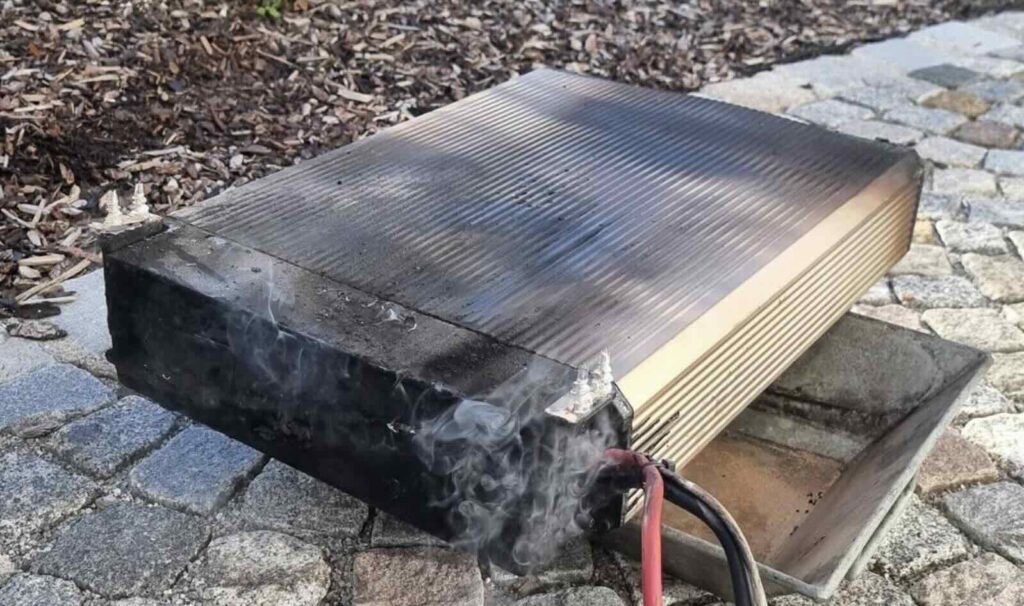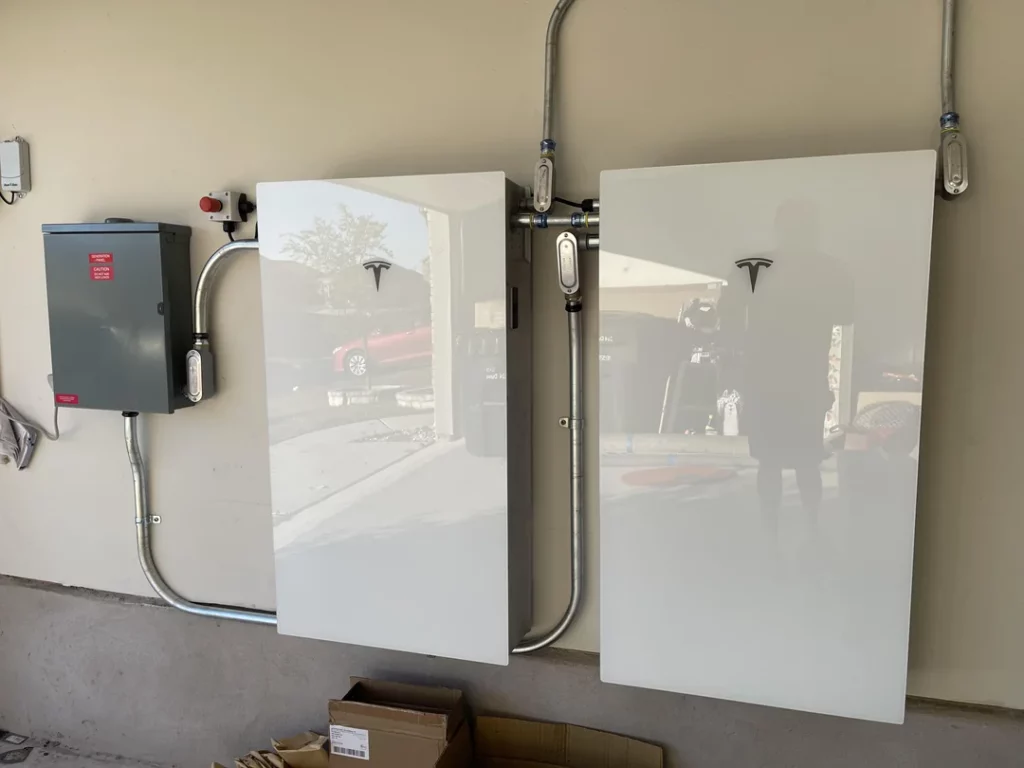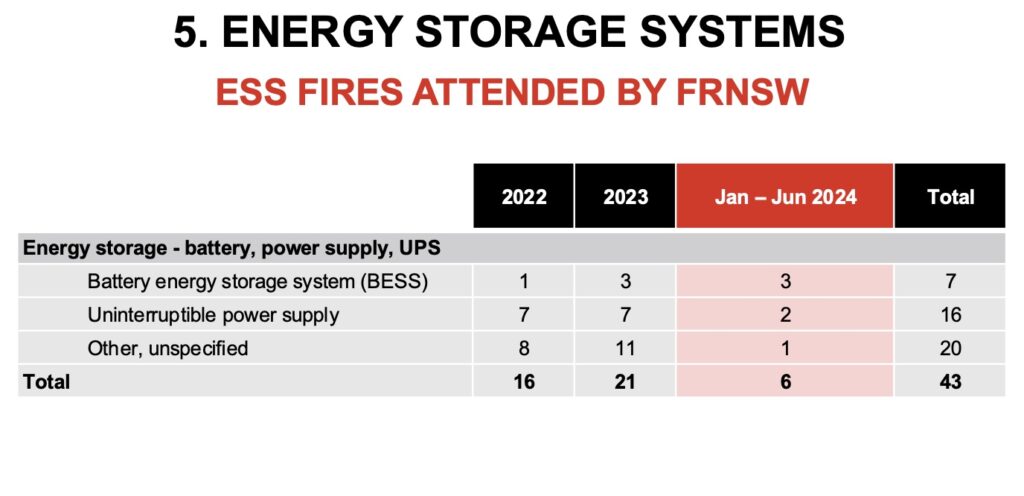Solar batteries are becoming an essential part of home energy systems. They store excess solar power, reduce reliance on the grid, and provide backup power during outages. But are they safe? Many homeowners worry about potential risks, including overheating, fire hazards, and chemical leaks. The good news is that modern solar batteries come with advanced safety features. Let’s explore how safe solar batteries are and what precautions you can take.

Are Solar Batteries Safe for Homes?
Yes, solar batteries are safe for residential use. Manufacturers generally build them with multiple protective mechanisms, including temperature controls, automatic shut-off systems, and fire-resistant casings. When properly installed and maintained, they offer a secure and efficient way to store renewable energy.
Additionally, compared to traditional fuel-based backup generators, solar batteries pose fewer risks of carbon monoxide poisoning and hazardous emissions. They operate quietly and do not produce harmful fumes, making them an environmentally friendly and safe option.
How Safe Are Solar Batteries?
Solar batteries undergo rigorous testing before reaching the market. Leading brands include built-in safeguards that prevent overheating, overcharging, and electrical faults. Most modern battery systems feature lithium iron phosphate (LiFePO4) chemistry, known for its stability and resistance to thermal runaway.
Statistical data from Fire and Rescue NSW (FRNSW) indicates that large-scale residential battery fires are rare. The vast majority of lithium-ion battery incidents involve smaller consumer electronics like e-bikes and smartphones. This highlights that home solar battery systems when installed according to regulations, remain a safe and reliable energy storage solution.
The most common types of solar batteries include lithium-ion, lead-acid, and flow batteries. Each type has different safety profiles:
- Lithium-ion batteries – These are the most popular due to their efficiency and long lifespan. They include safety mechanisms to prevent thermal runaway, but poor installation or damage can increase risks.
- Lead-acid batteries – These are more affordable but require proper ventilation to prevent gas buildup.
- Flow batteries – These use liquid electrolytes and have a lower risk of overheating, making them a safe choice for large-scale storage.

What Are the Potential Risks?
While solar batteries are generally safe, improper handling or poor installation can create risks. Here are some potential hazards:
- Overheating and Fire Hazards – Lithium-ion batteries, used in most home storage systems, have a slight risk of overheating. However, this usually happens due to manufacturing defects, physical damage, or incorrect installation. Battery management systems help mitigate these risks by monitoring temperature and voltage levels.
- Chemical Leaks – Lead-acid batteries contain sulfuric acid, which can leak if the casing is damaged. Proper maintenance and handling reduce the likelihood of leaks, ensuring safe operation.
- Electrical Hazards – Improper wiring or installation increases the risk of short circuits and electrical failures. Certified installers follow strict safety guidelines to minimise these risks.
However, these risks are minimal when users follow manufacturer guidelines and choose certified installers.
How Can You Ensure Safety?
Homeowners can take several steps to enhance the safety of their solar battery systems:
- Choose High-Quality Batteries: Choose batteries from reputable manufacturers that comply with Australian safety standards. Certified batteries undergo rigorous testing to meet industry standards.
- Use a Professional Installer: Always hire a Clean Energy Council (CEC) accredited installer to ensure compliance with national regulations.
- Maintain Proper Ventilation: Some batteries, like lead-acid, require ventilation to prevent gas buildup. Ensure your installation space meets the necessary airflow requirements.
- Regular Maintenance: Schedule periodic inspections to check battery health, wiring, and ventilation. Many battery management systems provide real-time monitoring to alert homeowners of potential issues.
- Follow Manufacturer Guidelines: Avoid DIY modifications and adhere to operational guidelines for charging and discharging. DIY installations can increase risks if wiring or battery placement is incorrect.
- Keep Batteries Away from Extreme Heat: Install batteries in a dry, well-ventilated area away from direct sunlight or flammable materials. High temperatures can reduce efficiency and increase safety risks.
By implementing these safety measures, homeowners can enjoy the benefits of solar battery storage with confidence.

Australian Safety Standards for Solar Batteries
Australia enforces strict safety standards to regulate battery energy storage systems. The AS/NZS 5139:2019 standard outlines installation and design requirements to ensure safety. Key regulations include:
- Proper installation locations: Batteries cannot be installed in habitable rooms.
- Ventilation requirements: Adequate airflow prevents overheating.
- Emergency shut-off mechanisms: Systems must include fail-safe mechanisms to disconnect the battery in case of faults.
- Labelling and signage: Clear labels inform emergency responders of battery placement and specifications.
These standards ensure that residential solar battery installations meet the highest safety benchmarks.
Key Safety Requirements for Solar Batteries
To enhance safety, solar batteries incorporate several protective features, including:
- Battery Management Systems (BMS): These monitor temperature, voltage, and charge levels to prevent failures.
- Fire-resistant casings: Designed to contain heat and prevent external damage.
- Automatic shut-off mechanisms: These activate in case of overheating or electrical faults.
- Smart monitoring systems: Many modern batteries connect to apps, allowing homeowners to track performance and receive safety alerts.
Solar Battery Fire Statistics 2023-2024
Fire and Rescue NSW data shows that between January and June 2024, three fires were linked to battery storage systems. In 2023, NSW firefighters responded to 285 lithium-ion battery incidents, up from 171 in 2022. However, only three of these cases in 2023 involved residential battery storage systems, compared to just one in 2022.
These figures show that while lithium-ion battery incidents are rising, the risk associated with professionally installed home solar battery systems remains exceptionally low. Compared to other household electrical appliances, solar batteries pose no greater fire risk when installed and maintained correctly.

Conclusion
Solar batteries provide a safe and effective way for homeowners to store and use renewable energy. With advanced safety features, strict Australian regulations, and proper installation, they offer a secure solution for energy independence. By following best practices and choosing high-quality products, homeowners can enjoy the benefits of solar batteries without compromising safety.
Are you considering a solar battery for your home? Contact a trusted solar provider to explore safe and efficient options!